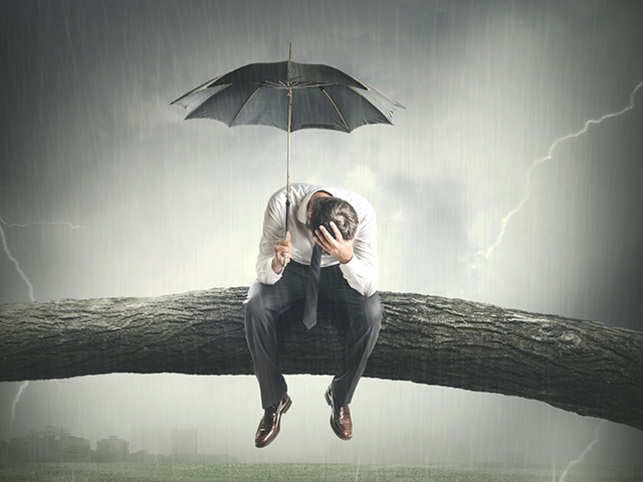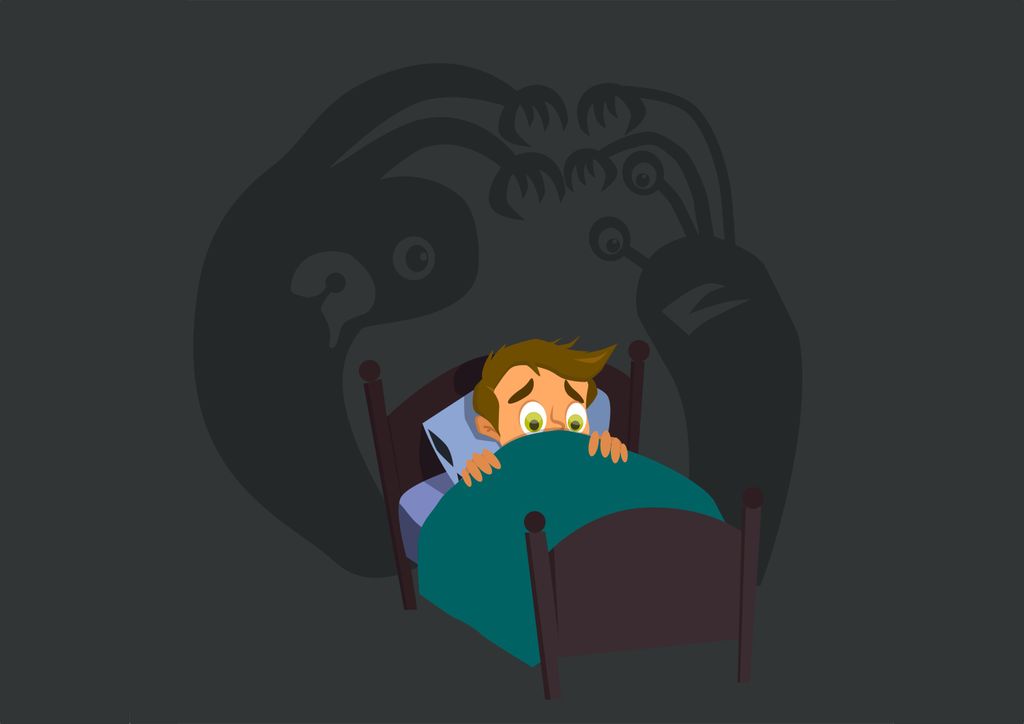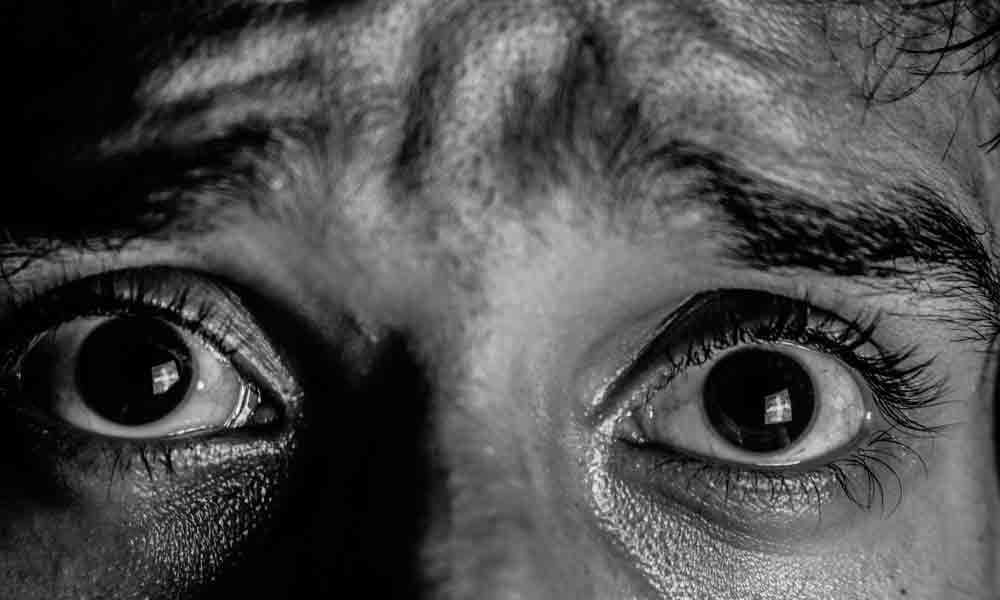Why Should We Overcome Fear
Aug 06, 2019 • 28 views
Fear is a phenomenon when you feel afraid or frightened and you cannot decide whether you are supposed to be afraid or not. Fear is a powerful human emotion. It alerts us to the presence of danger, and it was critical in keeping our ancestors alive. Fear can be divided into two responses: biochemical and emotional.
The biochemical response is universal, while the emotional response is highly individual. Which means even it’s possible to feel fear even when you rightfully shouldn’t be scared.

Biological Consequences of Fear
1.It increases blood and oxygen flow to our muscles so we can run faster.
2. It restricts blood flow to other areas such as our stomach.
3. It dilates our pupils so we can better see things around us.
Some Common Types Of Fear
1. Fear of loss
2. Fear od public speaking
3. Fear of being judged.
4. Fear os missing out.
5. Fear of being alone.
6. Fear of strangers.
7. Fear of humiliation.
8. Fear of authority.
Etc.

Why should we overcome our Fear?
There are a whole host of reasons why you should overcome fear. I’ve condensed them into 4 key ones:
1. Fear blocks all your potential
When you let your thoughts, feelings and decisions be driven by fear, you are reduced to a slave of fear. I have come across people whose lives are very centered on the theme of fear and it is a very disempowering state to be in. Their fear drives their thoughts, feelings, decisions and behaviors so much that their life has become a byproduct of fear, rather than their own desires. For example, someone who is scared of changes will become scared whenever there are changes in his/her life. He/she will scramble to maintain the status quo and protect the illusion of safety. He/she lives in reaction to fear, rather than proactively lead his/her life. As long as we’re just reacting to fear, we can’t be reaching our fullest potential.
2. Fear consumes your energy
Some may say this fear is what triggers them to move the situation forward. While there have been cases where fear seems to push people forward, a more accurate summation is that these people move forward in spite of the fear that is present. As mentioned in the beginning of the article, fear leads to a rush of adrenaline that gives you increased physical performance, not increased mental performance. You can perform just as well, if not better, without all the adrenaline that’s pumping through your body. Having more adrenaline in your body for prolonged periods of time strains your body and gives you jittery nerves instead. Think about how much more you can do if you’re not spending your energy counteracting that fear and its aftereffects.
3. You can't run away from fear
You can keep running and running, but eventually you are going to find yourself backed into a corner, with nowhere to escape. No matter how you run, you are just living in captivity of fear. In fact, the more you run, the more fear tries to catch up with you. When that happens, you either have to learn to deal with it, or cower in its presence eternally and become a fraction of the person you can be.
4. It's all in your mind
Some people will point out that it’s not from the physical harm that people draw fear from – but from the thought of slipping up, people judging you, embarrassment that will occur, and so on. These fears are all in your mind. Thoughts of you forgetting the speech, the presentation going wrong, audience feeling bored, etc are all made up. None of that has happened yet. Even if it has happened in the past, it does not mean that this is going to happen in the future. You are in the present and the future has not occurred yet. You are still in the position to shape the future into whatever outcome you desire.

